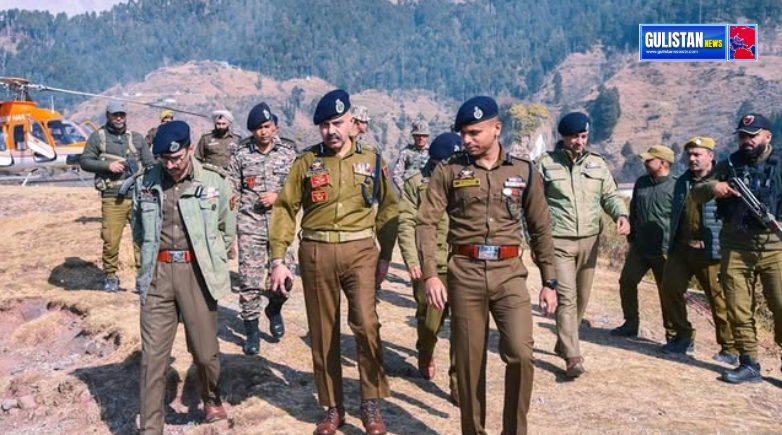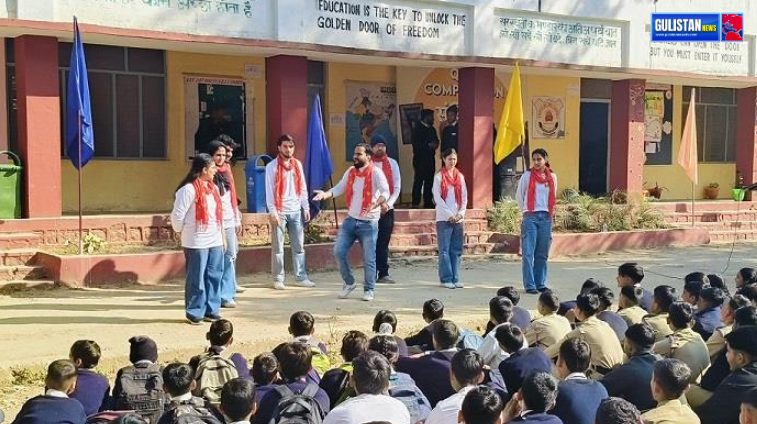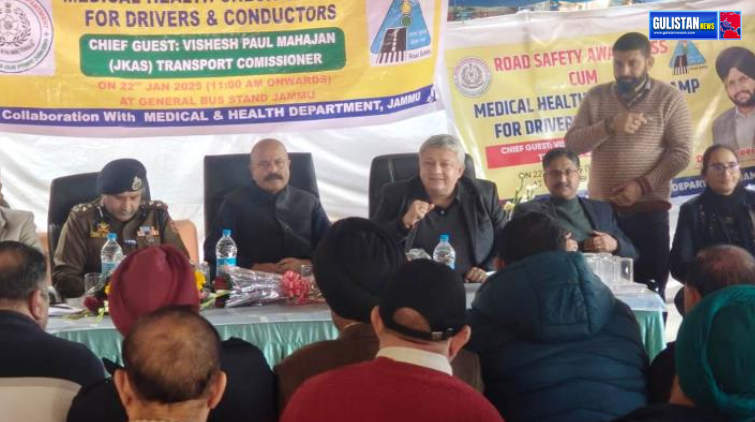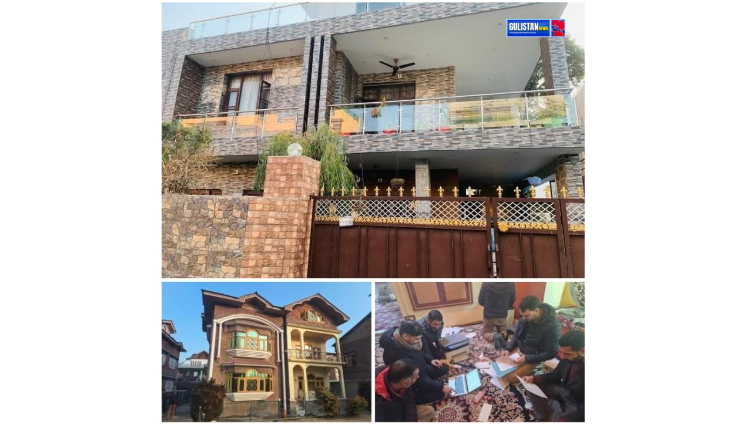MPs and MLAs taking bribes to vote or make a speech in the House are not immune from prosecution, the Supreme Court said on Monday in a landmark, unanimous verdict that overrules its 1998 judgment protecting such lawmakers.
Observing that bribery is not protected by Parliamentary privileges, a seven-Judge constitution bench headed by Chief Justice D Y Chandrachud held that a five-judge bench’s interpretation in the 1998 verdict in the JMM bribery case was contrary to Articles 105 and 194 of the Constitution.
Describing the judgment as “great”, Prime Minister Narendra Modi said in a post on X that it would “ensure clean politics and deepen people’s faith in the system”.
Articles 105 and 194 deal with the powers and privileges of MPs and MLAs in the Parliament and the legislative assemblies.
“Corruption and bribery by members of the legislatures erode probity in public life,” the CJI, who read the operative part of the verdict, said while pronouncing the verdict today.
The bench also comprised Justices A S Bopanna, M M Sundresh, P S Narasimha, J B Pardiwala, Sanjay Kumar and Manoj Misra.
In 1998, the five-judge constitution bench held in its majority verdict on the Narasimha Rao versus CBI case that Parliamentarians have immunity against criminal prosecution for any speech made and vote cast inside the House under Articles 105(2) and 194(2).
The seven-judge bench was reconsidering the 1998 judgement.
While pronouncing the verdict, the CJI said Article 105 of the Constitution seeks to sustain an environment to have deliberations by the lawmakers in the House and this atmosphere is vitiated when a member is bribed to deliver a speech.
Also read: Modi Govt’s top priority to ensure safety of people in J&K, says MHA









